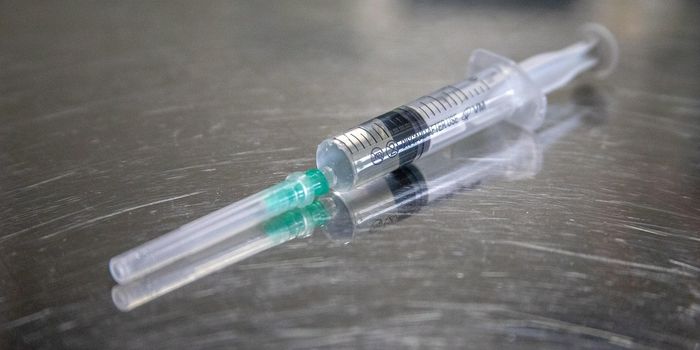Prostate Cancer has a Diagnostic 'Smell'
Can the scent of urine hold molecular clues for the detection of prostate cancer? Inspired by canine companions that can seemingly sniff out certain compounds in the urine of men with prostate cancer, researchers are hoping to develop a machine version of this sniff detector. "If dogs can smell prostate cancer, we should be able to, too," said one of the investigators.
Prostate cancer represents a huge health risk for half the world’s population, as it is the most common form of cancer in men. Current detection methods include the wince-inducing digital rectal exam (DRE) and blood tests that measure prostate-specific antigen (PSA). However, prostate cancer can only be truly confirmed with invasive prostate biopsies.
PSA levels for healthy men are usually less than 4 nanograms per milliliter (ng/mL) of blood. However, having more or less PSA than that range doesn’t guarantee cancer or no cancer, respectively. Furthermore, PSA level cutoffs are not standardized, which contributes to increased cases of false negatives and false positives. This ambiguity often leads to biopsies that increase the risk for complications, as well as psychological and financial stress.
The sniff test would be an important leap forward, with the possibility of replacing traditional invasive diagnostic procedures that are currently in practice. In addition to reducing unnecessary biopsies, the sniff test could provide early detection if prostate cancer is present, which would improve the outcome of the treatment.
Researchers at Indiana University-Purdue University Indianapolis tested the urine samples collected from 100 men undergoing prostate biopsies. They employed a gas chromatography-mass spectrometry (GC-MS) technique to detect volatile organic compounds (VOCs) in the urine. This electronic “nose” identified a set of molecules that seemed to be unique to prostate cancer. In comparing this data to the biopsies, the molecules were present in 90 percent of men who were diagnosed with prostate cancer. By contrast, these molecules were absent from men who were free of cancer.
The sniff test could save men who test negative from undergoing invasive prostate biopsies. Conversely, positive cancer profiles in urine samples would alert doctors and crucial treatments could proceed without delay.
The team hopes to further validate their findings in larger studies with other centers. Interestingly, they are also planning to validate their results against the canine nose - an experiment which may carry big implications for the sensitivity of a dog’s sniffing ability!
Additional sources: MNT









